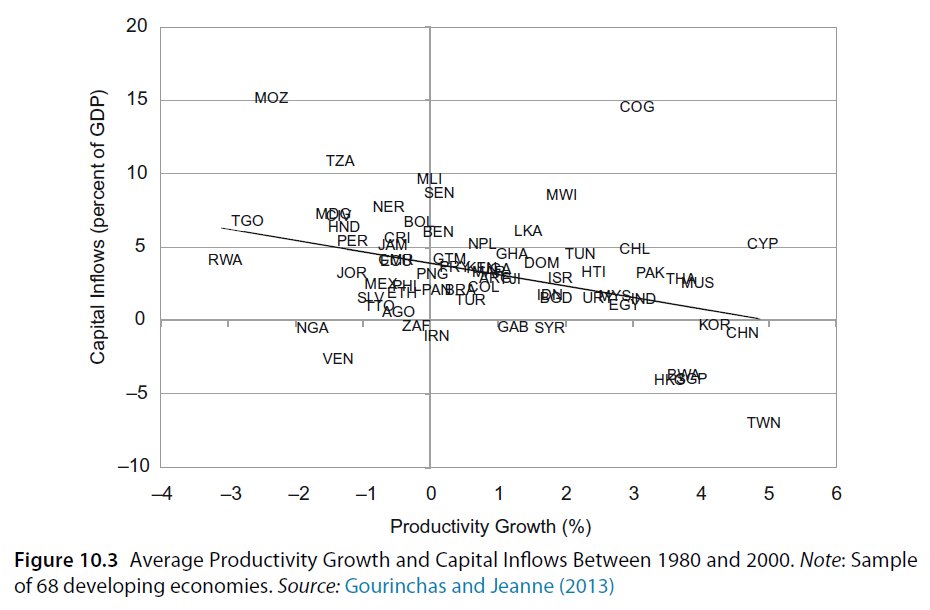
What is the role is tax policy in development?
Often people think of tax policy largely as a revenue generating exercise - this is not quite right
A very important element of tax policy is its *design* that shapes incentives and the overall macro balance. Some examples ...
Often people think of tax policy largely as a revenue generating exercise - this is not quite right
A very important element of tax policy is its *design* that shapes incentives and the overall macro balance. Some examples ...
The consolidated tax code should be sufficiently progressive
By consolidated i mean including all taxes - e.g. local, provincial, federal etc.
Progressive means consolidated tax rate should rise sufficiently for wealthier households
By consolidated i mean including all taxes - e.g. local, provincial, federal etc.
Progressive means consolidated tax rate should rise sufficiently for wealthier households
e.g. Pakistan collects very low tax revenue as share of GDP, but another problem it has is that it relies excessively on indirect taxes -
various forms of consumption taxes that tend to be very regressive in nature.
various forms of consumption taxes that tend to be very regressive in nature.
Lack of effective progressivity in taxation, both due to poor compliance and poor design, favors extreme inequality that is not conducive for inclusive development
Another element of tax policy is shaping incentives
Many dev countries face the simultaneous problem of climate change and high fossil fuels imports. Carbon tax can shift incentives in favor of alternatives faster and sooner
A nice primer by @MaxCRoser
ourworldindata.org/carbon-price
Many dev countries face the simultaneous problem of climate change and high fossil fuels imports. Carbon tax can shift incentives in favor of alternatives faster and sooner
A nice primer by @MaxCRoser
ourworldindata.org/carbon-price
Another example is urban land taxation
Land needs to be effectively taxed to prevent unproductive "hoarding" and to encourage productive investment
A properly designed land taxation system is in fact sufficient to pay for public infrastructure needs
jstor.org/stable/1884466…
Land needs to be effectively taxed to prevent unproductive "hoarding" and to encourage productive investment
A properly designed land taxation system is in fact sufficient to pay for public infrastructure needs
jstor.org/stable/1884466…
The broader point is that a lot of careful thinking needs to go in the design of tax policy to make sure it delivers at the macro level by shaping incentives and improving overall efficiency
• • •
Missing some Tweet in this thread? You can try to
force a refresh





